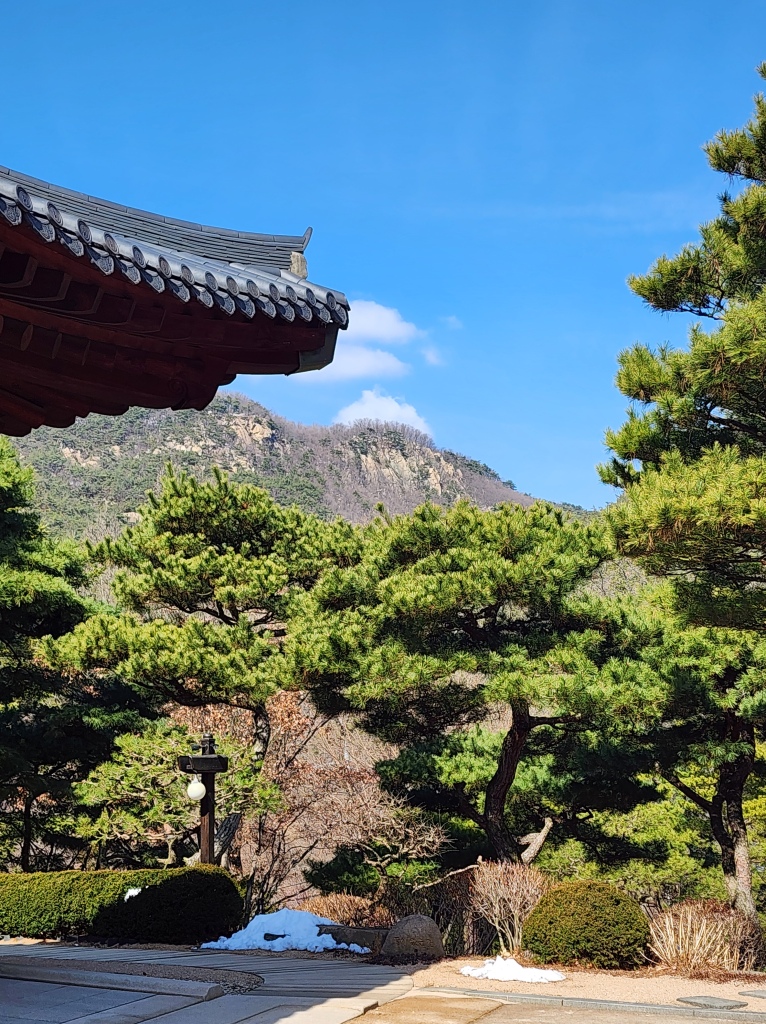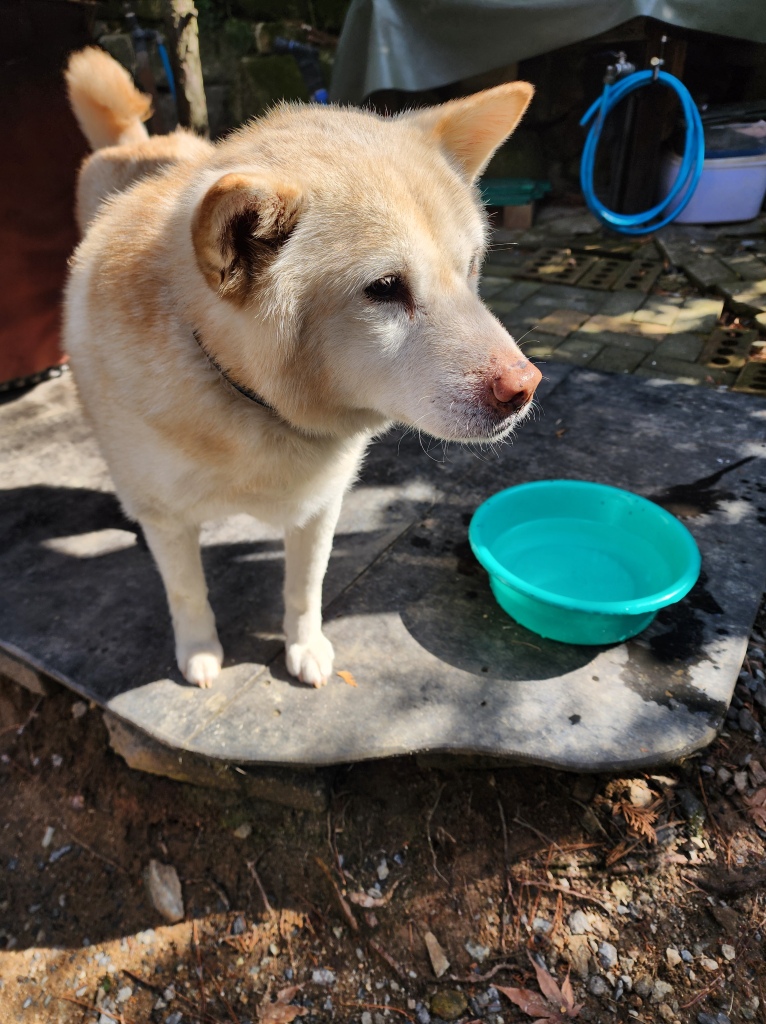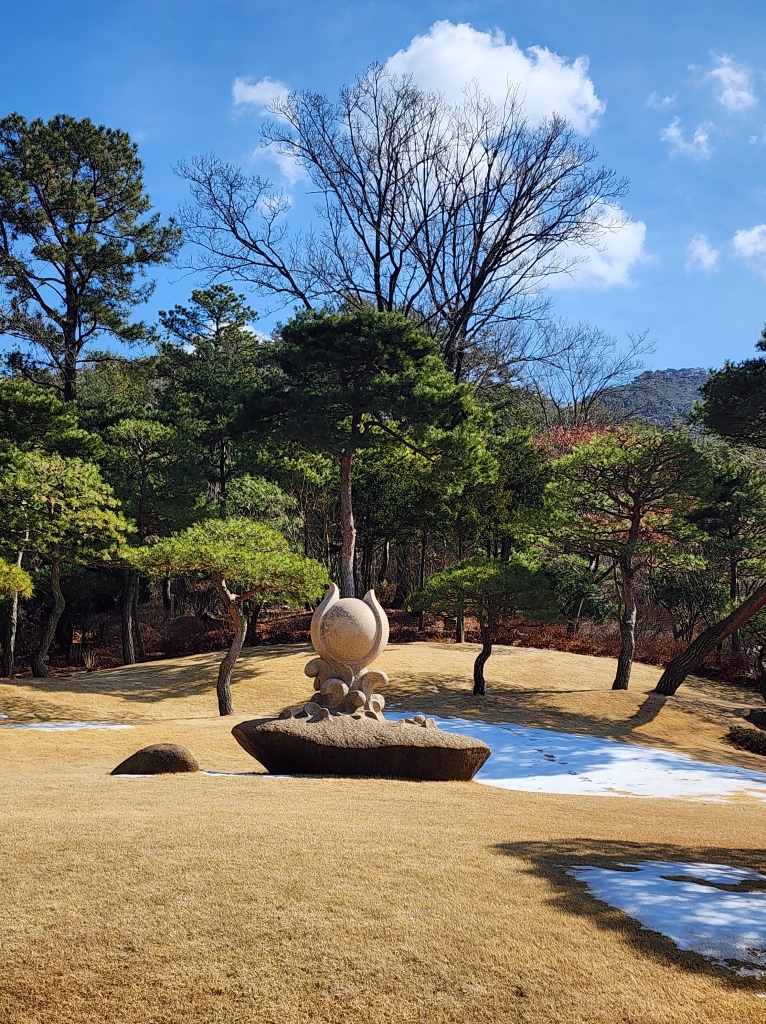
Here’s the beginning of a Dharma talk Daehaeng Kun Sunim gave to the Young Adults group on November 1, 1998. This is a very direct talk, with nothing complicated about it. Not necessarily easy to do, but nothing complicated, and within the ability of all of us.
If you’re sitting with your legs crossed, please straighten them and sit comfortably. This may seem like a trivial issue, but no one else will take care of your legs, and no one else can keep them from hurting.
This practice of relying upon our fundamental mind is the practice of transcending ourselves. It’s the practice of transcending the level we’re currently at by means of working through our fundamental mind to respond to what we’re facing and make a positive difference in our daily life. It’s easy to say that everything depends on how we use our minds, but in reality, not many people are able to actually use their minds to overcome what they’re facing.
My style of speaking isn’t particularly exciting or entertaining, but I can do is tell you about what’s deeply true, so please listen carefully and think about how you can apply it to your life.
If you think about various different Buddhist teachings, you’ll realize that they’re saying that we have to always practice in daily life. They’re also saying that sitting meditation, meditation while laying down, and meditation while working don’t exist apart from your life. They teach that even sitting on the toilet and having a bowel movement can be spiritual practice.
Really. There’s not a single thing in your life that can’t be part of your spiritual practice. All of the things you’re doing, the thoughts you’re giving rise to, the actions you’re doing with your body, and all that you’re experiencing can all become spiritual practice when you entrust everything to this foundation that’s your source. But in the beginning, this is probably going to be a bit difficult.
So, whenever you have a few minutes, practice entrusting everything to your Juingong, your fundamental mind, with the thought that, “Juingong! You’re the one who has to show that you exist.” I’m not talking about doing this with words, you have to actually entrust everything to your fundamental mind, “Okay, now take care of this and prove you exist!” It’s like going straight to the door and knocking loudly.
Take whatever you face in your daily life, and as it comes up, entrust it to your fundamental mind, Juingong. “Only you can clear the path in front of me, only you can clear away the brush and logs blocking the way!” Take all the different things and situations you experience and return them like this.
Sometimes, according to the circumstances, you may need to stay focused on raising a particular intention and continuously returning that. If you keep returning things like this you will be able to experience the one ocean, and will be able to practice acting and experimenting through this one ocean.




